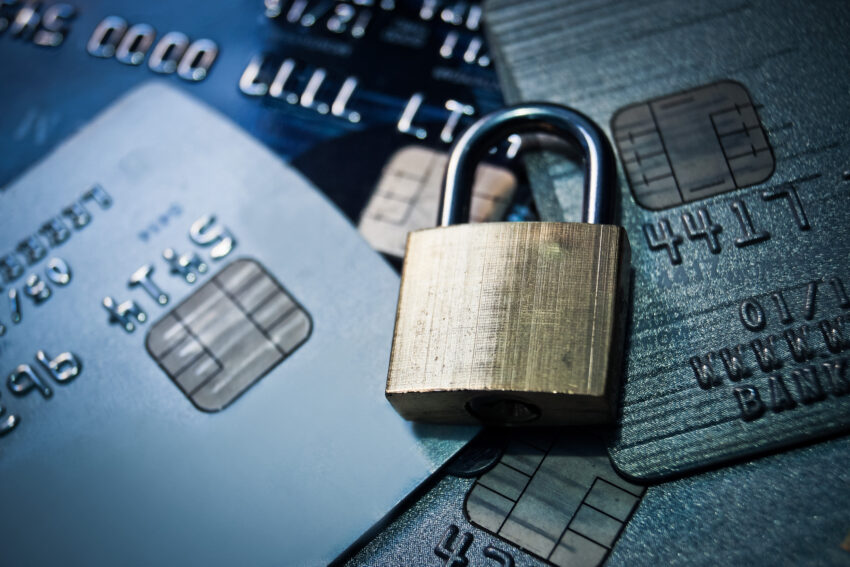Identity theft occurs when someone misuses your personal information such as your name, bank account numbers, bank passwords, and Social Security Number (SSN) to commit a crime. Criminals can use your personal sensitive information to open new credit lines, steal your tax refund, or even commit home title theft. If you are looking for information on identity theft protection, here is a useful read:
1. What are the signs of identity theft?
When it comes to identity theft, there are some subtle signs that may indicate a scamster has unauthorized access to your personal data. By taking quick action, you can prevent or stop fraud, minimizing financial damage. Here are some warning signs of identity theft:
- Unexplained changes in your credit score: An unexplained dip in your credit score is a worrying sign. It may indicate that someone has taken out a loan in your name and has not paid it. Or has taken new credit cards in your name and maxed them out. When reviewing your credit cards, make sure that there are no unfamiliar transactions or withdrawals. If there is any change in your credit score, it is important that you get in touch with your credit card companies.
- Phone calls from unfamiliar lenders: If banks or lending agencies are calling you about unfamiliar debts, do not ignore such calls. Criminals might have used your personal information to take loans in your name.
- Receiving mails that are not addressed to you. If you are getting mails from banks and businesses addressed to someone else at your property, contact the senders. It might happen that criminals are using your address for personal gain.
2. How to protect yourself from identity theft?
The most effective way to prevent yourself from identity theft is to shield your private information. Here are some ways to protect yourself from identity theft offline and online:
- Destroy bank records and statements: Shred credit card statements, expired driving license, old utility bills, and pre-approved credit card offers, and other documents that contain private financial information before discarding them.
- Secure your mailbox: Promptly remove mail from your mailbox after it has been delivered. Also, keep your mailbox locked so that your mails cannot be stolen.
- Protect your SSN: Never carry your SSN card with you. Do not share your SSN number with strangers or businesses. Only state departments and government agencies can request your SSN as an ID proof.
- Be careful with paper trail: Never leave ATM or credit card receipts behind. They can be misused.
- Be wary of phishing and phone call scams: Criminals can make phone calls or send emails that prompt you to divulge sensitive financial details such as customer ID, OTP, or bank account details. Do not respond to calls or emails where you are asked to share your personal information.
- Protect your computer from malware: Do not open attachments from unknown email addresses as they may contain malware. Malicious software can steal your sensitive information. Also, to protect your computer, always use licensed anti-virus software. Unlicensed anti-virus software may come at lower costs but they may not protect your electronic devices.
What to do in case you are a victim of identity theft?
Here are a few things you must do:
- Notify all your credit companies and place a fraud alert
- File a report with the Federal Trade Commission
- Contact your local police department
- Hire an identity theft attorney in California
If you are looking for an identity theft attorney in California, get in touch with Mr. David L Fleck. He has decades of experience in handling felonies and complex financial crimes, including identity theft, real estate, investment, business, insurance, and loan fraud.

